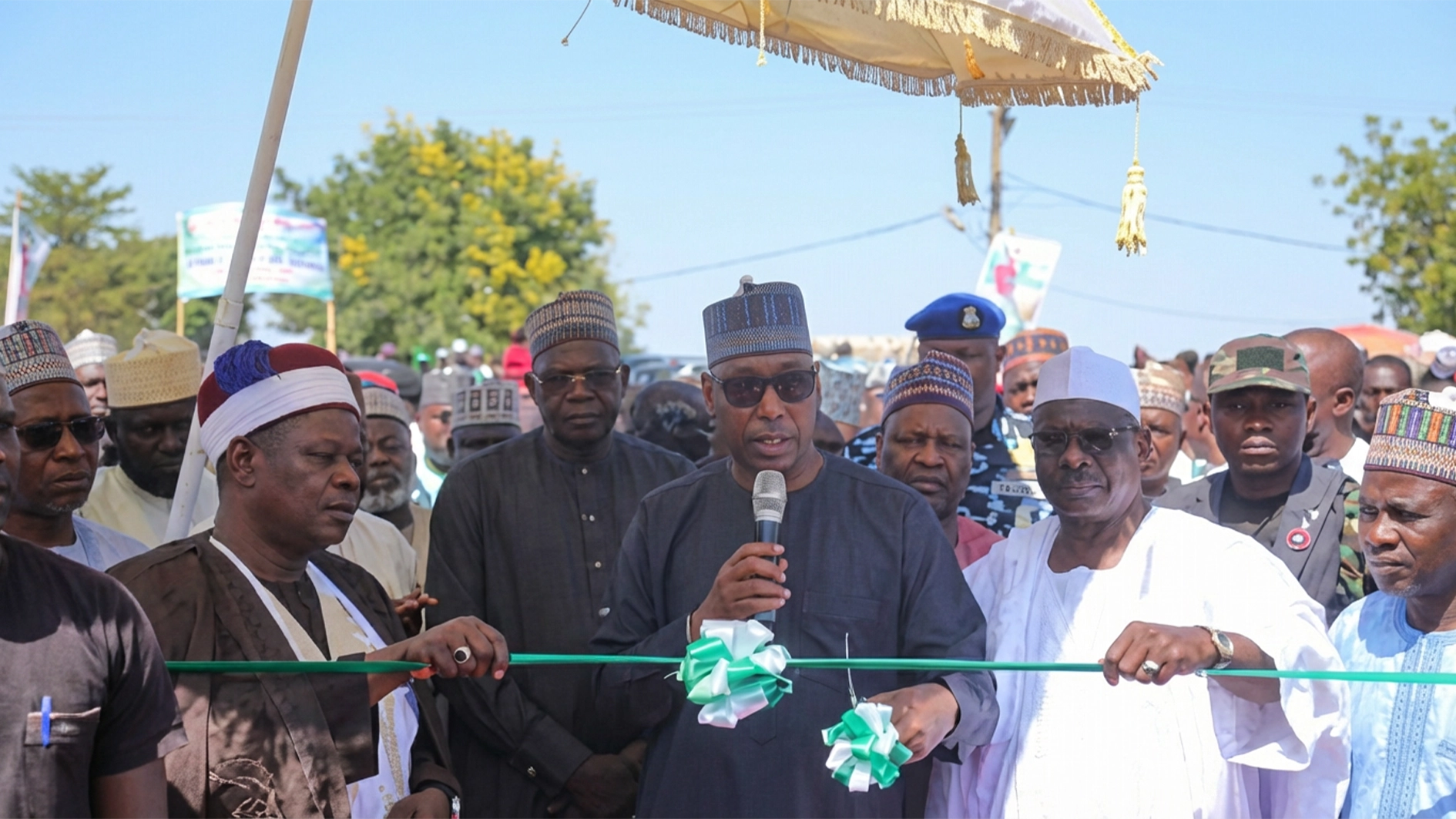The Federal Ministry of Education has launched a new technology-driven platform known as BRIDGE — Bridging Research, Innovation, Development, and Global Engagement — to connect Nigerian professionals in the diaspora with tertiary institutions and research centres across the country.
Speaking on Channels Television, Minister of Education, Dr. Tunji Alausa, described the platform as the first of its kind in Nigeria, designed to enable diaspora experts to contribute directly to academic development in the country.
“This is the first time in the history of the country that we’re tapping into the vast resources of our diaspora population in a structured and technological way,” Alausa said. “Nigerians excel everywhere in the world. Now, we are using this excellence to support our universities, polytechnics, colleges of education, and research institutions.”
According to the minister, the BRIDGE platform operates as a digital matchmaking system. Nigerian professionals living abroad can register their academic qualifications, areas of expertise, and preferred modes of contribution, ranging from curriculum development and virtual lecturing to co-research and mentoring. These details are stored and vetted on the back end of the system.
Simultaneously, local tertiary institutions are also expected to register their areas of need. The platform then connects institutions with relevant diaspora professionals who can help address those gaps.
Alausa said the initiative was not just a policy concept but a working solution already in operation. “It’s not just talk. This is structured, digital, and monitored,” he said.
He explained that the platform enables support in various ways, including curriculum review, member development, and specialised online lectures. A live demonstration of the platform took place during its launch, with a Nigerian lecturer based at the University of York delivering a virtual session to students in Nigeria.
For Nigeria’s education sector, long plagued by a shortage of qualified lecturers and outdated curricula, the BRIDGE platform is expected to provide much-needed expertise and global best practices through flexible and remote engagement.
Alausa noted that the initiative is aligned with the administration’s broader push for human capital development. “We are using global talent to fix local problems,” he said.
The platform also aims to reverse the trend of brain drain by turning it into brain gain. Rather than lamenting the departure of skilled professionals, BRIDGE seeks to harness their knowledge and experience without requiring physical relocation.
The project positions Nigeria to benefit from the global trend of borderless education, where knowledge transfer increasingly takes place through digital tools and remote collaboration.
Although still in its early phase, the platform has already generated interest from academic stakeholders at home and abroad. The minister said its success will depend on proper coordination, adequate funding, and support from local institutions.
“What we are doing with BRIDGE is building a knowledge economy, step by step,” Alausa said. “When you improve the quality of your education, you improve everything else — innovation, jobs, governance, and national development.”
The Federal Ministry of Education is expected to monitor the platform’s rollout and assess its impact in addressing longstanding capacity gaps in Nigeria’s higher education system.






